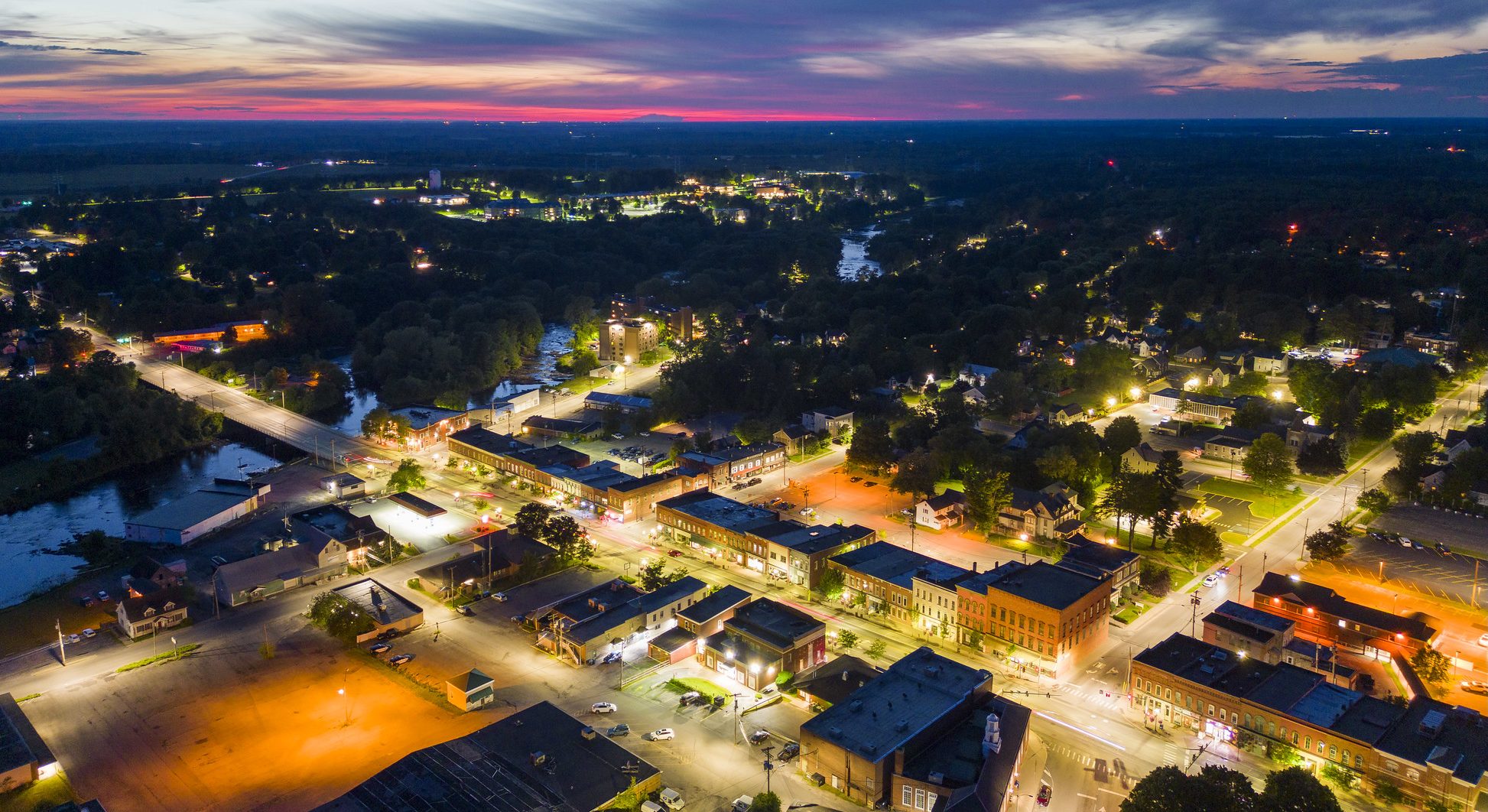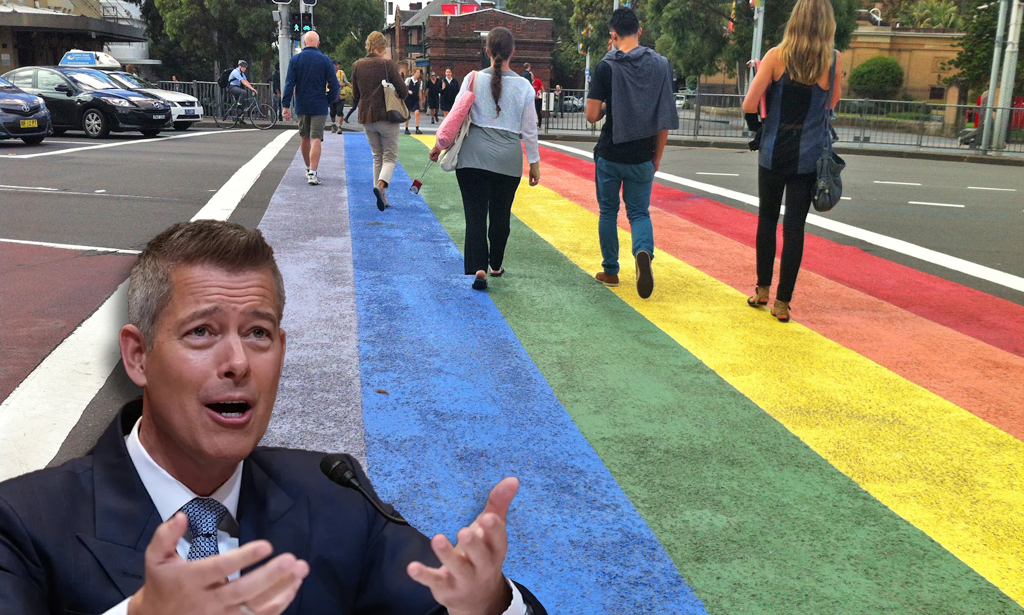We're taking it out of the city and into the suburbs and small towns today on the Streetsblog Network. Member blog Urban City Architecture takes a look at Moving Communities Forward, a recently released report on transit-oriented development (TOD) from the American Institute of Architects and the Center for Transportation Studies at the University of Minnesota (it was funded by the Federal Highway Administration):
Outside the Fruitvale BART station, one of the projects cited in the "Moving Communities Forward" study. Photo by Payton Chung via Flickr.
What this study ultimately says is that Americans who live in small towns do not have to be afraid of environmental and transportation development initiatives. Small town/city life is an ideal fit with principles that encourage walkable pedestrian environment and connected communities with urban centers. It was not many decades ago that small-town life resembled the transit-oriented developments that we are now attempting to recreate -- small towns throughout America were dependent on connected and sustainable centers. One could even argue that many of the small towns and cities in America were in and of themselves transit-oriented developments -- before the wide acceptance of the automobile, railroads and walkable developments where the lifeline of many of these towns.
Urban Review STL is on a road trip, visiting a mall outside Seattle to see what walkability might mean in a suburban retail environment. Bike PGH reports on Pennsylvania governor Ed Rendell's Sunday-talk show appearance, in which he said that merely reauthorizing the current transportation bill would be "a disaster for future generations. We have to change. We have to
do something like the infrastructure bank; creative, innovative,
visionary." And at the Fast Lane, DOT secretary Ray LaHood continues to lay out an explanation of what "livable communities" mean to this administration.
Speaking of which, we really like a lot of what we're reading on the DOT blog, but we kind of stumble on the name every time we have to type it. We'd like your suggestions for a new name that would reflect the shift in policy we seem to be seeing. Hit us with your ideas in the comments.





